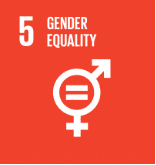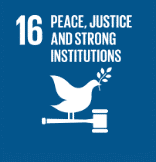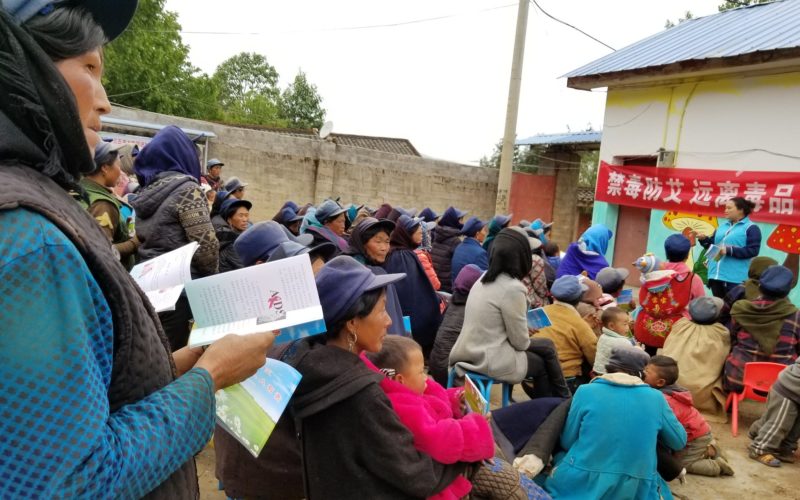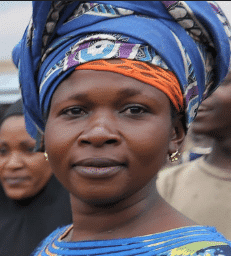Context
While global progress on gender equality has been made through the achievement of the Millennium Development Goals, women and girls continue to suffer from discrimination and violence in all regions of the world.
Approximately 35% of women have experienced physical and/or sexual violence at the hands of an intimate partner or another person at least once in their lives. Women also represent almost half of all human trafficking victims.
FXB in action
Our objective is to promote inclusive and peaceful societies.
Gender equality is not only a fundamental human right, it is also a necessary foundation for a peaceful, prosperous and sustainable world. Thus, FXB’s fight against poverty also involves combating gender discrimination and balancing gender relations so that women, who are more exposed to poverty, have access to the same economic and social opportunities as men.
Each of our programs is also a response to the implementation of children’s daily rights, as defined by the Convention on the Rights of the Child, adopted by the United Nations General Assembly on 20 November 1989. For the first time, the following rights were recognized for all children throughout the world: the right to survival, development, protection and participation.
Ensuring women’s and girls’ equal access to education, health care, decent work, and representation in political and economic decision-making processes will fuel sustainable economies and benefit societies and humanity as a whole.



